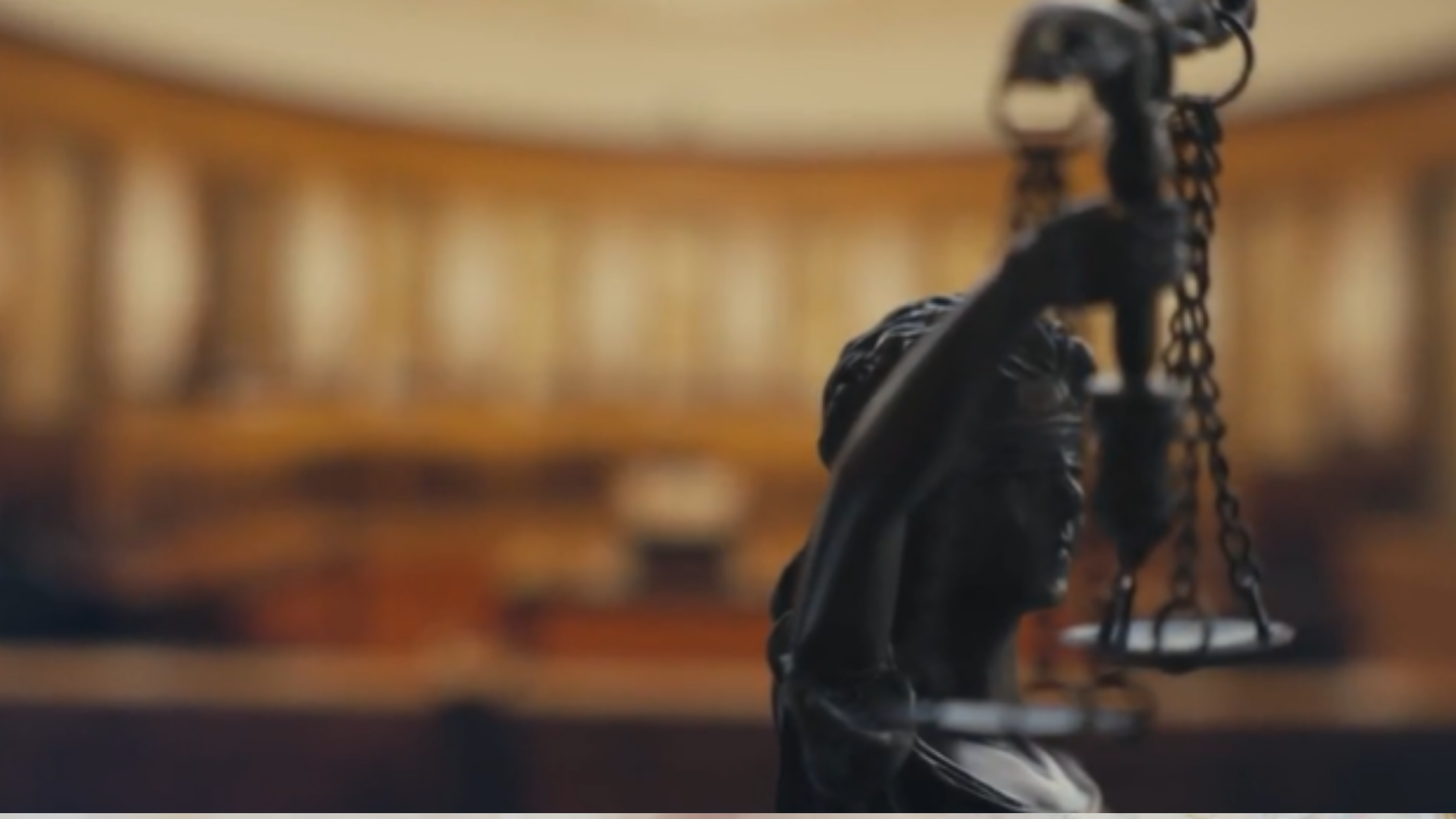Mahmoud Khalil, a prominent pro‑Palestinian activist and Columbia University graduate, was released Friday after 104 days in federal immigration detention. The release comes after New Jersey District Judge Michael Farbiarz determined Khalil posed no flight risk, was not a threat to the community, and that the government had failed to justify his detention under a seldom‑used national security law. This pivotal decision marks a major legal setback for the Trump administration’s efforts to target student activists under immigration statutes, sparking fresh debate on free speech, constitutional rights, and the powers of detention without charge.
1. Detained Under Rare National Security Claim
In early March, ICE agents arrested Khalil at his Manhattan residence, then transported him to the Central Louisiana ICE Processing Center in Jena, over 1,200 miles from his home. The detention followed a directive from Secretary of State Marco Rubio, citing Section 237(a)(4)(C) of the Immigration and Nationality Act (INA), a Cold War–era provision used just 15 times before, which allows deportation if a non‑citizen’s presence may adversely affect U.S. foreign policy.
Khalil, a legal permanent resident who held a Green Card and had openly criticized Israeli actions in Gaza during Columbia campus protests. Though accused of being aligned with Hamas, federal officials have provided zero evidence supporting that claim.
2. Judicial Rebuke: ‘Highly Unusual’ Detention
On June 20, Judge Farbiarz sharply rebuked the government’s case, stating that continued detention of Khalil, who had no criminal charges, would be “highly unusual” and potentially unconstitutional. He emphasized:
“Petitioner is not a flight risk, and the evidence … is that he is not a danger to the community. Period, full stop.”
Farbiarz also noted the government’s shifting rationale—from national security concerns to alleged omissions on Khalil’s green card form—underscoring its weakness.
3. A Victory for Free Speech and Civil Rights
Khalil’s release was celebrated as a watershed moment by civil liberties groups. The ACLU, representing Khalil, called it a “joyous day” and reaffirmed that no one should be jailed for exercising political speech. Amnesty International and Jewish faculty allies at Columbia also condemned the detention as overreaching and dangerous.
The case has shone a spotlight on how the INA section was weaponized against campus protest, raising alarms over the suppression of dissent.
4. Khalil Reunites with Family, But Legal Battle Continues
Upon release, Khalil—who missed his son’s birth and multiple family milestones—expressed relief:
“Justice prevailed, but it’s very long overdue… I can actually hug him [my son],’’ Khalil said.
He’s reunited with his wife, Dr. Noor Abdalla, and newborn Deen in New York. Court conditions require Khalil to surrender his passport and green card, with travel limited to New York, New Jersey, Louisiana, Michigan, and Washington, D.C., for upcoming hearings.
The government is expected to appeal both the release and the INA provision’s constitutionality, extending the legal saga.
5. Broader Landscape: Student Activists & the Trump Crackdown
Khalil’s case is not alone. Other Columbia-affiliated student activists—Rümeysa Öztürk, Badar Khan Suri, and Mohsen Mahdawi—alone faced ICE detention or deportation threats soon after pro-Palestinian protests swept campuses in 2024.
Like Khalil, Öztürk was freed on bail in early June, citing similar arguments—no threat to public safety, with a judge asserting political expression was at the core of ICE’s overreach. Mahdawi was released in late April following court orders declaring his detention harmful and unjust.
These correlated rulings collectively challenge the Trump administration’s detention policy targeting dissent, revealing a broader judicial backlash.
Conclusion
Mahmoud Khalil’s release after 104 days in federal detention represents a landmark legal rebuke to the Trump-era strategy of silencing campus protesters via immigration law. Judge Farbiarz’s ruling highlights the precariousness of invoking obscure statutes to detain lawful residents on political grounds and reaffirms core First Amendment protections.
Though Khalil’s struggle continues in court, his freedom sets a crucial precedent—and acts as a rallying cry for activists, immigrants, and free speech advocates. As ICE’s tactics come under heightened legal scrutiny, this case could reshape how—and if—immigration laws are used to police political expression.
Subscribe to trusted news sites like USnewsSphere.com for continuous updates.
[USnewsSphere.com / we.]





